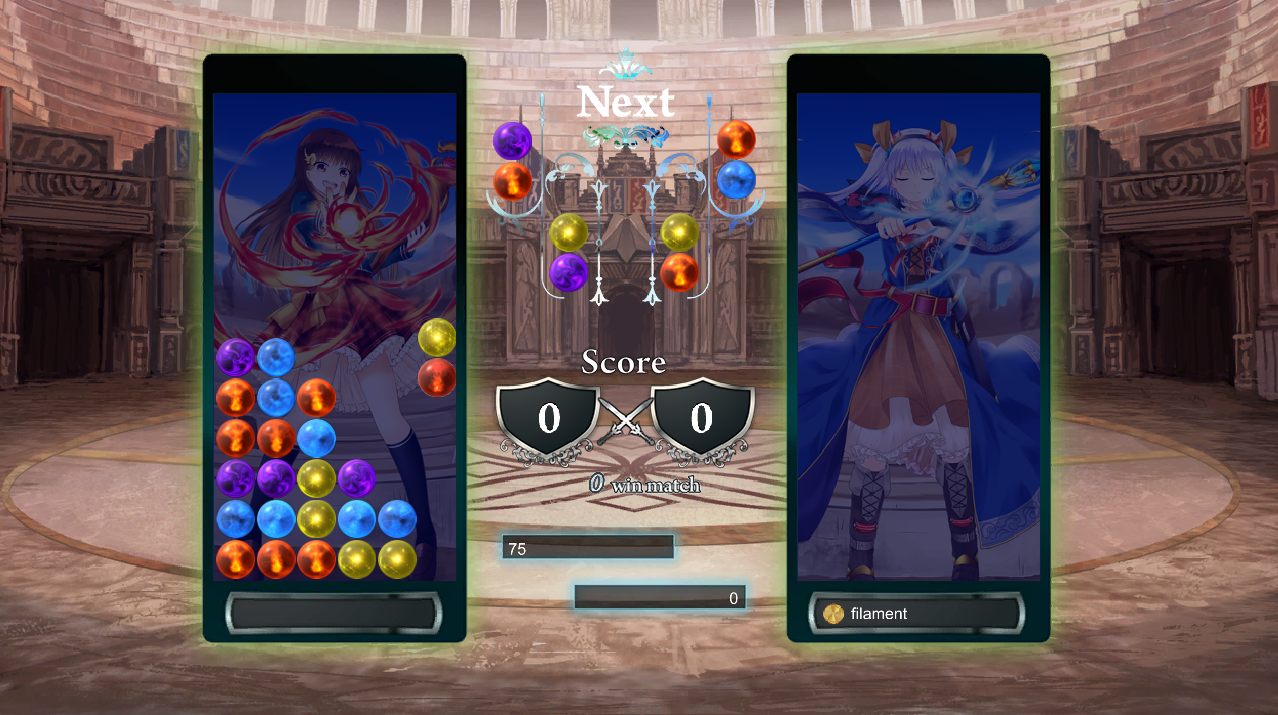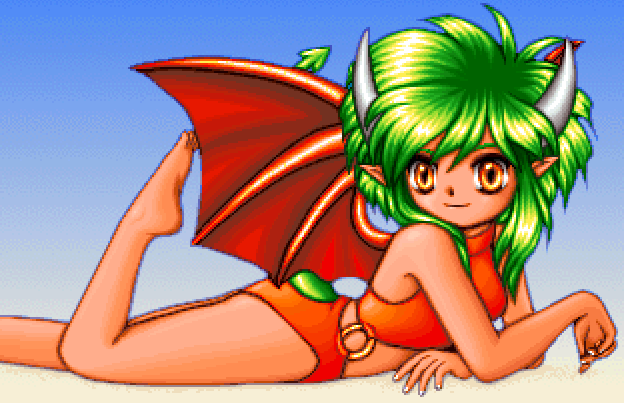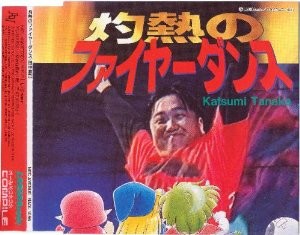The world of competitive gaming has existed for ages, yet it’s only recently that it’s become big business globally under the nebulous banner of “eSports.” eSports is very quickly turning into a huge moneymaker, but it’s also a field that’s going through some serious growing pains: bad contracts for players, shady team managers and sponsors, cheating and rigged game scandals… basically, all of the problems that plague more physical sports, but with additional internet drama attached due to the online-connected nature of many of these titles (and the online presence of the players and companies).
But what happens when the game itself is the subject of scrutiny?
Japan doesn’t have quite the reputation for being an eSports hub as other Asian countries do, but the field is definitely growing: numerous local teams have been formed, an eSports square has opened in Akihabara, League of Legends has been making a Japanese push, Daigo Umehara is a bestselling author… and that’s just a handful of examples. Longtime competitive gamers are seeing a lucrative market, which has some of them are saying “Hey, why can’t my competitive game be eSports, too?”
Such is the case of competitive Puyo Puyo. Much like the Smash Bros. series, Puyo has gone through numerous iterations, but a subset of the most die-hard players swear by one particular installment: Puyo Puyo Tsu, the second game in the series. Among other things, Tsu introduced the “offset” rule that allows players to counter each others’ garbage drops by assembling combos of their own. Versus matches of high-level Puyo Tsu are mesmerizing to watch as a result:
Sega, however, is more keen on promoting their current version of Puyo than Tsu, leaving competitive players feeling a bit left out – there’s not really a good way to play Puyo Tsu online, much less any sort of streamlining to aid competitive play. That’s where Magical Stone comes in. Basically, it’s a puzzle game that’s ~heavily inspired~ by Puyo Tsu, only with a few additions to make the game more eSports-friendly. In fact, there’s already an eSports team for the game with a few top Puyo players onboard!
…Or, there was, anyway. See, things got… complicated. Friend of the site Gosokkyu alerted me to ongoing drama surrounding Magical Stone via Twitter, and having a passing interest in the Japanese competitive puzzle game scene, I wanted to dig into things a bit more. So, I invited him here to share his knowledge of just what went down with this game — while the controversies have garnered some press on the Japanese side of things, Western eSports coverage completely overlooked Magical Stone. And that’s a shame, because this is an example of what can go wrong when you try and elevate your game to the big leagues — and both players and developers could stand to learn from it.


